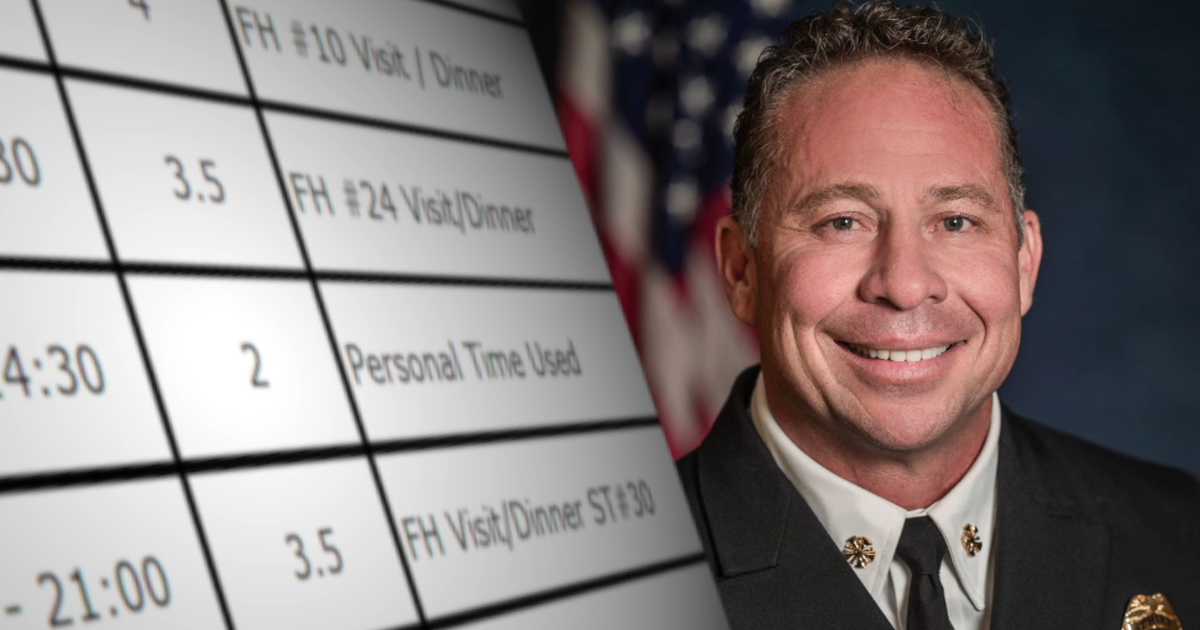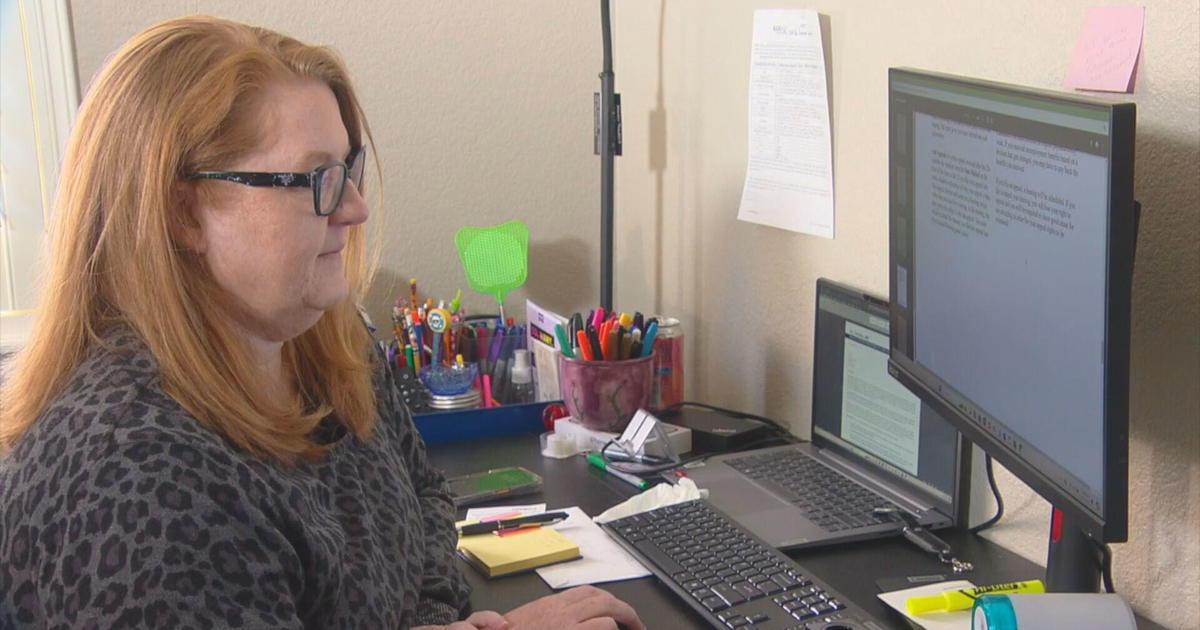Q&A: Defense Attorneys Try To Show Theater Shooter Insane
CENTENNIAL, Colo. (AP) - The first week of Colorado theater shooter James Holmes' defense case has provided new details about his mental state around the time he killed 12 people and injured 70 more during a packed midnight movie premiere.
His attorneys have called sheriff's deputies, a jail nurse and a series of doctors who observed Holmes' sometimes bizarre behavior in the weeks and months after he carried out the July 2012 attack. Here's a question-and-answer look at what jurors are learning as defense attorneys try to convince them Holmes was legally insane when he carried out one of the worst mass shootings in U.S. history.
HOW INTELLIGENT IS JAMES HOLMES?
Holmes had an IQ of 123 when Dr. Robert Hanlon first examined him in April 2013, well above the American average of 100. But it fell to 116 by the time Hanlon studied him again in January 2015. Hanlon said the decline is abnormal and could have different causes, including schizophrenia and similar disorders. Holmes' voracious reading in jail could have changed his IQ, but the jail time itself wasn't likely the cause of the IQ drop, Hanlon said.
WHAT DID HOLMES DO IMMEDIATELY AFTER HE WAS ARRESTED?
Jurors began watching a four-hour video of Holmes sitting in a police interview room about five hours after the shooting. He toys with staples, stares at walls and plays with paper bags put over his hands to preserve gunshot residue. When a police officer asks what he thinks the bags are for, Holmes replies, "popcorn." Defense attorneys say the video of Holmes in a ripped T-shirt and boxers with fiery orange hair shows his depleted mental state when he was arrested. But he was still able to easily and accurately answer an officer's questions about his age, address, height and weight.
LIVE VIDEO: Watch The Trial Live At CBS4's Theater Shooting Trial Special Section
WHY WAS HE HOSPITALIZED?
Holmes was sent to the psychiatric unit of a Denver hospital in November 2012 after video captured him running into walls head first and falling backward off his bunk. Deputies and doctors said he was ranting about shadows and repeating nonsensical phrases, smearing feces throughout his cell and refusing to eat or drink. At the hospital, he went through periods of catatonia and complained of hearing voices. More than one doctor who treated him there said he was psychotic and delusional. They said Holmes' erratic behavior was the result of mental illness, rather than a temporary delirium caused by Holmes' hunger strike, as prosecutors suggested.
DID MEDICATIONS HELP?
Doctors said Holmes improved quickly and dramatically once he started taking antipsychotic drugs. His thoughts became more organized and he said he felt better. He was first prescribed Haldol and then Risperdal, which he continues to take today.
WHAT HAVEN'T DEFENSE ATTORNEYS BEEN ABLE TO SHOW?
The doctors who treated Holmes agree he has mental illness. One psychiatrist declared him legally insane, based largely on a two-hour interview with Holmes four days after the shooting. But no other defense witness has been able to show that Holmes was incapable of knowing right from wrong at the time of the attack - Colorado's threshold for an insanity verdict. That could change as attorneys call more witnesses next week, including Dr. Raquel Gur, an expert on schizophrenia who also evaluated Unabomber Ted Kaczynski and Arizona mass shooter Jared Loughner.
- By Sadie Gurman, AP Writer
(© Copyright 2015 The Associated Press. All Rights Reserved. This material may not be published, broadcast, rewritten or redistributed.)



